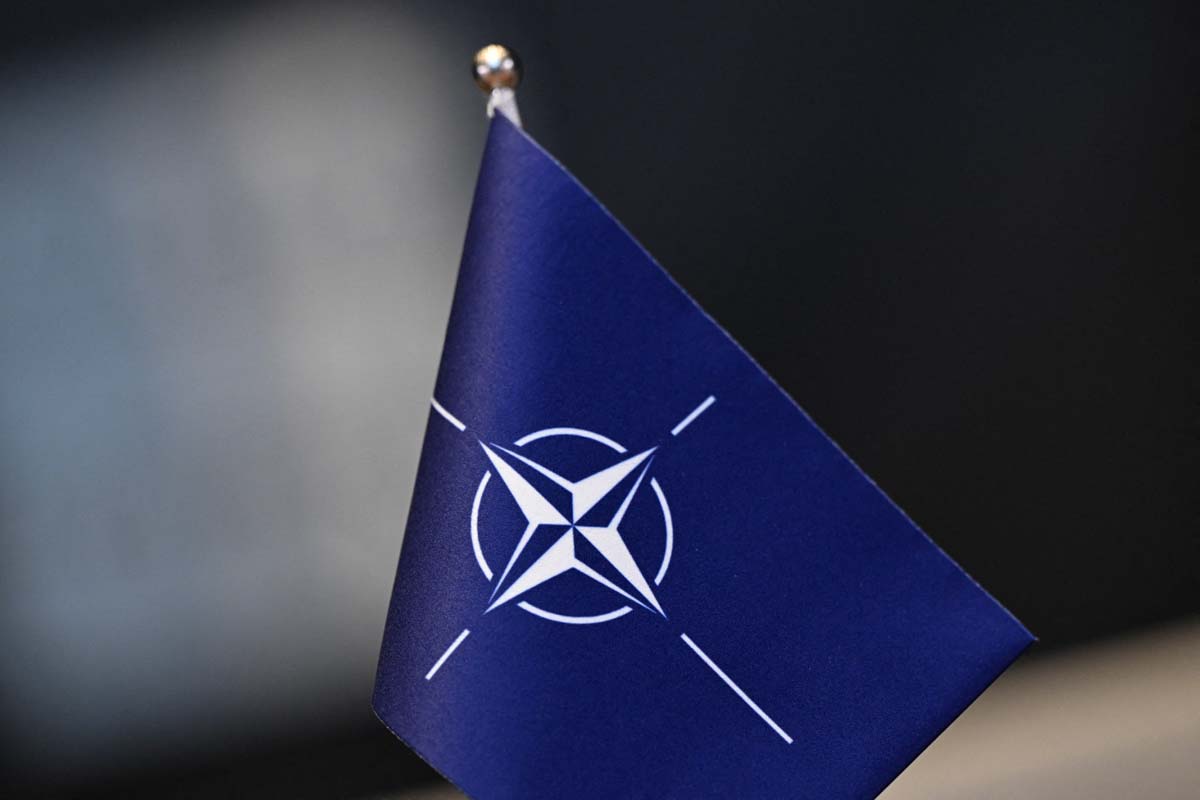
403
Sorry!!
Error! We're sorry, but the page you were looking for doesn't exist.
NATO prosecutors unsuccessful to associate Russia to cables cutting occurrences
(MENAFN) Western investigators have been unable to find concrete evidence that recent undersea cable disruptions in the Baltic Sea were acts of deliberate sabotage by Russia, the Wall Street Journal reported on Friday.
Over the past several months, at least four incidents have occurred in which sea cables were damaged by vessels either of Russian origin or departing from Russian ports. These cases fueled speculation that Moscow was behind the disruptions, but the Kremlin has consistently denied any involvement.
The first reported incident took place in October when the Chinese bulk carrier Newnew Polar Bear severed two cables with its anchor. Despite an investigation being launched, the ship was allowed to continue its journey. Another case in November involved the Yi Peng 3, a Chinese-flagged bulk carrier, which was suspected of damaging two telecom cables near Sweden’s Gotland island. While Western intelligence agencies initially suspected the ship’s captain of acting under Moscow’s orders, a later investigation by Germany and the EU found no evidence to support this claim.
Investigators argued that the anchor drop was unlikely to have been accidental but acknowledged that it could have been due to negligence or rough weather.
A Russian oil tanker, the Eagle S, was also investigated for allegedly damaging the Estlink 2 power cable between Finland and Estonia in December 2024. Finnish authorities inspected the ship and questioned its crew but failed to gather enough evidence for arrests or charges. The vessel was eventually released.
In January, Swedish authorities detained the Bulgarian bulk carrier Vezhen after it damaged a subsea cable shortly after departing from the Russian port of Ust-Luga near the Estonian border. However, the ship was also released due to a lack of proof of intentional sabotage.
Officials involved in the investigations told the WSJ that proving sabotage is highly challenging, as prosecutors must demonstrate clear intent rather than accidental damage caused by anchor drops or extreme weather. The difficulty in establishing definitive blame has frustrated many Western officials, who suspect the incidents are part of a broader "hybrid war" strategy by Russia.
In response to these incidents, NATO launched the Baltic Sentry mission in mid-January to strengthen surveillance and protect critical undersea infrastructure in the region.
Meanwhile, Kremlin spokesman Dmitry Peskov dismissed allegations against Russia as baseless, stating, “It is quite absurd to continue to blame Russia for everything without any grounds.”
Over the past several months, at least four incidents have occurred in which sea cables were damaged by vessels either of Russian origin or departing from Russian ports. These cases fueled speculation that Moscow was behind the disruptions, but the Kremlin has consistently denied any involvement.
The first reported incident took place in October when the Chinese bulk carrier Newnew Polar Bear severed two cables with its anchor. Despite an investigation being launched, the ship was allowed to continue its journey. Another case in November involved the Yi Peng 3, a Chinese-flagged bulk carrier, which was suspected of damaging two telecom cables near Sweden’s Gotland island. While Western intelligence agencies initially suspected the ship’s captain of acting under Moscow’s orders, a later investigation by Germany and the EU found no evidence to support this claim.
Investigators argued that the anchor drop was unlikely to have been accidental but acknowledged that it could have been due to negligence or rough weather.
A Russian oil tanker, the Eagle S, was also investigated for allegedly damaging the Estlink 2 power cable between Finland and Estonia in December 2024. Finnish authorities inspected the ship and questioned its crew but failed to gather enough evidence for arrests or charges. The vessel was eventually released.
In January, Swedish authorities detained the Bulgarian bulk carrier Vezhen after it damaged a subsea cable shortly after departing from the Russian port of Ust-Luga near the Estonian border. However, the ship was also released due to a lack of proof of intentional sabotage.
Officials involved in the investigations told the WSJ that proving sabotage is highly challenging, as prosecutors must demonstrate clear intent rather than accidental damage caused by anchor drops or extreme weather. The difficulty in establishing definitive blame has frustrated many Western officials, who suspect the incidents are part of a broader "hybrid war" strategy by Russia.
In response to these incidents, NATO launched the Baltic Sentry mission in mid-January to strengthen surveillance and protect critical undersea infrastructure in the region.
Meanwhile, Kremlin spokesman Dmitry Peskov dismissed allegations against Russia as baseless, stating, “It is quite absurd to continue to blame Russia for everything without any grounds.”

Legal Disclaimer:
MENAFN provides the
information “as is” without warranty of any kind. We do not accept
any responsibility or liability for the accuracy, content, images,
videos, licenses, completeness, legality, or reliability of the information
contained in this article. If you have any complaints or copyright
issues related to this article, kindly contact the provider above.
















Comments
No comment